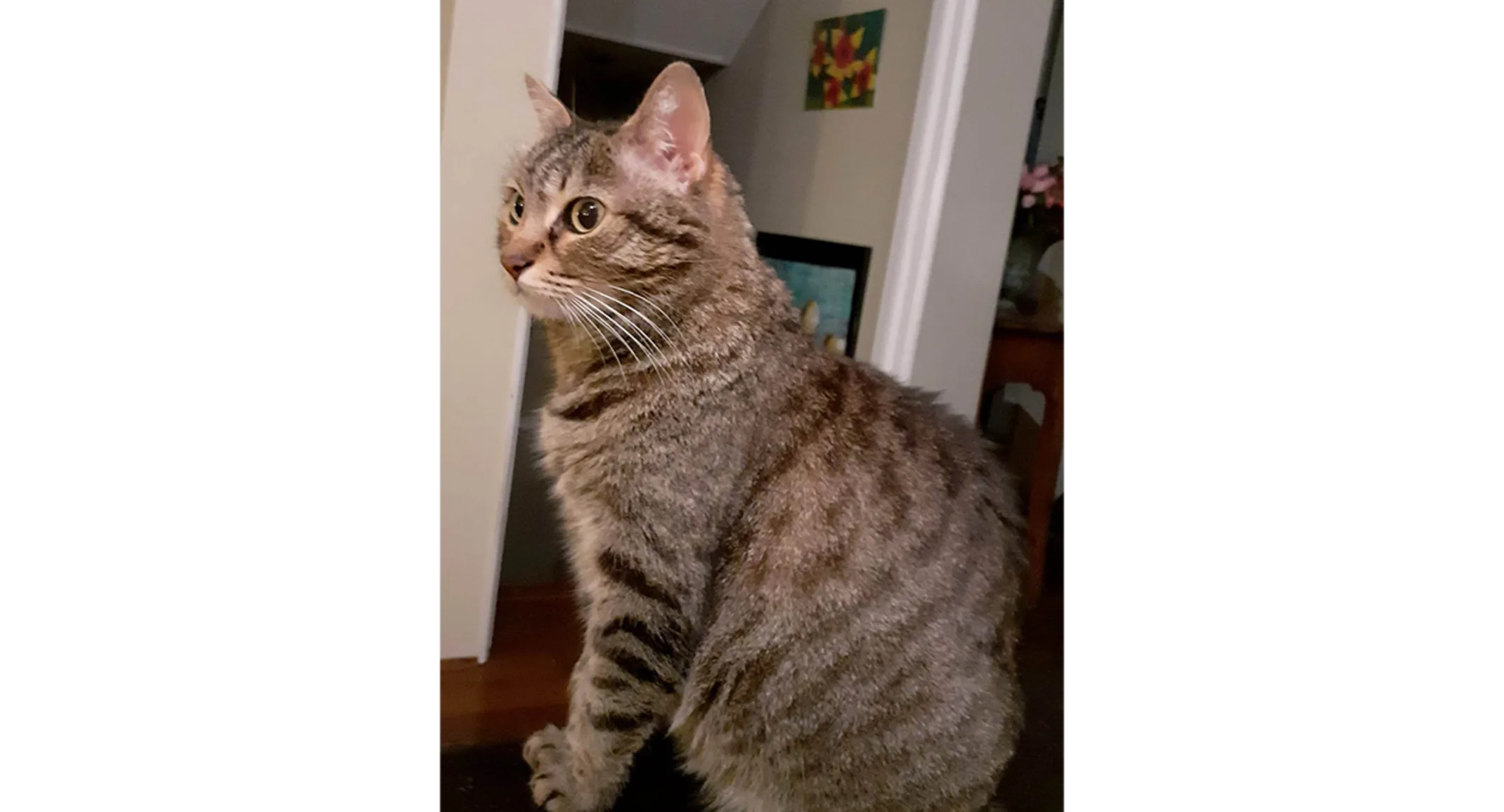Have you ever treated a cat for asthma? Meet little Antimony, who recently had quite the adventure at Mountainside Animal Hospital. She was admitted due to labored breathing, lack of appetite, and overall lethargy. Her concerned owner noticed that she wasn't her usual playful self and had developed an annoying cough.
When Antimony arrived, it was clear that her breathing required a lot of effort. The vet checked her vital signs, which were mostly normal, but they could hear wheezes when listening to her chest.
To help her breathe easier, Antimony was placed in our oxygen chamber and given an injection of an anti-inflammatory medication and a mild sedative. The vet wanted to get a better look at her chest, so they decided to take some X-rays. They discovered a bronchointerstitial pattern on the radiographs, which strongly suggested asthma. There were also signs of inflammation and tracheal collapse.
Thankfully, there was a plan to improve Antimony's condition! She was given an inhalant version of a bronchodilator in hospital to reduce her breathing effort and she went home with information about inhalers, some calming medication, and instructions to visit her family veterinarian to talk about transitioning to an inhalant medication. Inhalant medication can have fewer wide-spread effects compared to oral medication, so this was strongly encouraged. Her owners did a wonderful job of following up with their regular veterinarian and when our doctor reached out for an update it was all good news!
We always consider any respiratory changes in cats as an emergency. When respiratory cases come into our hospital our reception will call for a technician triage and within minutes a registered technician will come out to assess the pet. In most cases we will immediately bring them to our treatment area to provide oxygen supplementation as well. We take these cases very seriously and are always happy to help.

